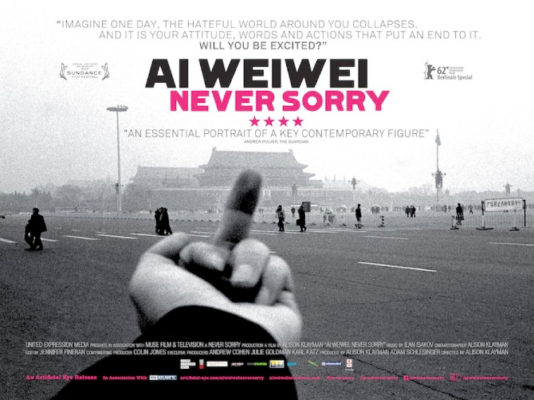Search
To search for an exact match, type the word or phrase you want in quotation marks.
A*DESK has been offering since 2002 contents about criticism and contemporary art. A*DESK has become consolidated thanks to all those who have believed in the project, all those who have followed us, debating, participating and collaborating. Many people have collaborated with A*DESK, and continue to do so. Their efforts, knowledge and belief in the project are what make it grow internationally. At A*DESK we have also generated work for over one hundred professionals in culture, from small collaborations with reviews and classes, to more prolonged and intense collaborations.
At A*DESK we believe in the need for free and universal access to culture and knowledge. We want to carry on being independent, remaining open to more ideas and opinions. If you believe in A*DESK, we need your backing to be able to continue. You can now participate in the project by supporting it. You can choose how much you want to contribute to the project.
You can decide how much you want to bring to the project.

On a white table there is a structure of chopsticks. The paw of a ginger cat prudently approaches it; it stops and moves forward several times, until it finally moves in and plays with it. The animal puts its paw right in amongst the chopsticks and they fall, covering the table and crushing what is left of the pyramid. There are five men and a camera watching. One of them makes a feint to intervene to prevent the cat from knocking the other structures that are on the table down. “No”, says Wei, “Leave him. He’s not going to destroy it”. For Ai Weiwei there is no superior force to fight against. He is the force to be reckoned with. He wastes no energy avoiding it. Quite the contrary, he includes it in his character, and it is through this total incorporation of the scenario in his figure that his way of being an artist is formed.
The documentary “Ai Weiwei: Never Sorry” (Alison Kalyman, 2012) portrays the controversial Chinese artist, a key voice today in the call for freedom of expression in China, as someone who is always two steps ahead. A young artist in the USA, between 1984 and 1993, inevitably poor and free, he has converted his personal project into recreating that illusion of freedom today in China. The representation of the enjoyment of this sensation is his grand image.
The tape shows a Wei who is conscious, as Warhol was in his day, of the degree of manipulation to which the language of publicity can arrive. He knows his name is a brand and knows, what is more, that in him, the personal and national merge in the joint struggle for freedom that he disguises as him being able to do what he wants. His early destruction of Ming vases, the negative of a temple constructed out of temple doors in documenta 12, or the seeds in the Turbine Hall merge with how he talks about the son he has with a woman who isn’t his wife, his disdain for the foot police, or the joy with which he celebrates the concession of the Nobel Prize for Peace to Liu Xiaobo. With him total transparency doesn´t seems to be a problem, which is what he demands in principal from his opponent: the regime.
An interesting biographical tape where one sees the portrait of a great man who governs his feud with warmth and a Western touch; a man who does politics, in his own way, from his fortified studio in the district of Caochangdi.

Paloma Checa-Gismero is Assistant Professor at San Diego State University and Candidate to Ph.D. in Art History, Criticism and Theory at the University of California San Diego. A historian of universal and Latin American contemporary art, she studies the encounters between local aesthetics and global standards. Recent academic publications include ‘Realism in the Work of Maria Thereza Alves’, Afterall, autumn/winter 2017, and ‘Global Contemporary Art Tourism: Engaging with Cuban Authenticity Through the Bienal de La Habana’, in Tourism Planning & Development, vol. 15, 3, 2017. Since 2014 Paloma is a member of the editorial collective of FIELD journal.
"A desk is a dangerous place from which to watch the world" (John Le Carré)